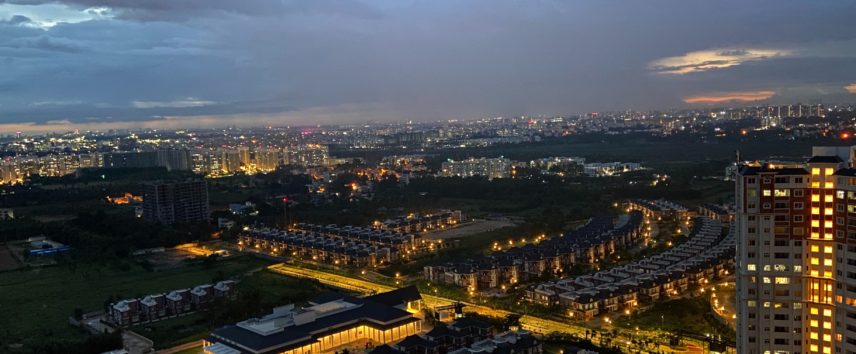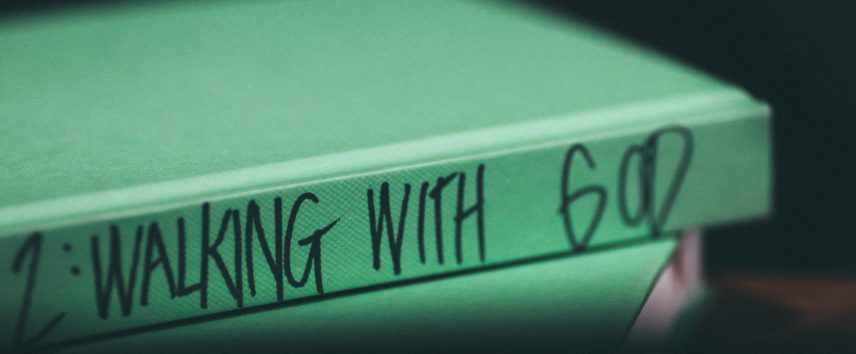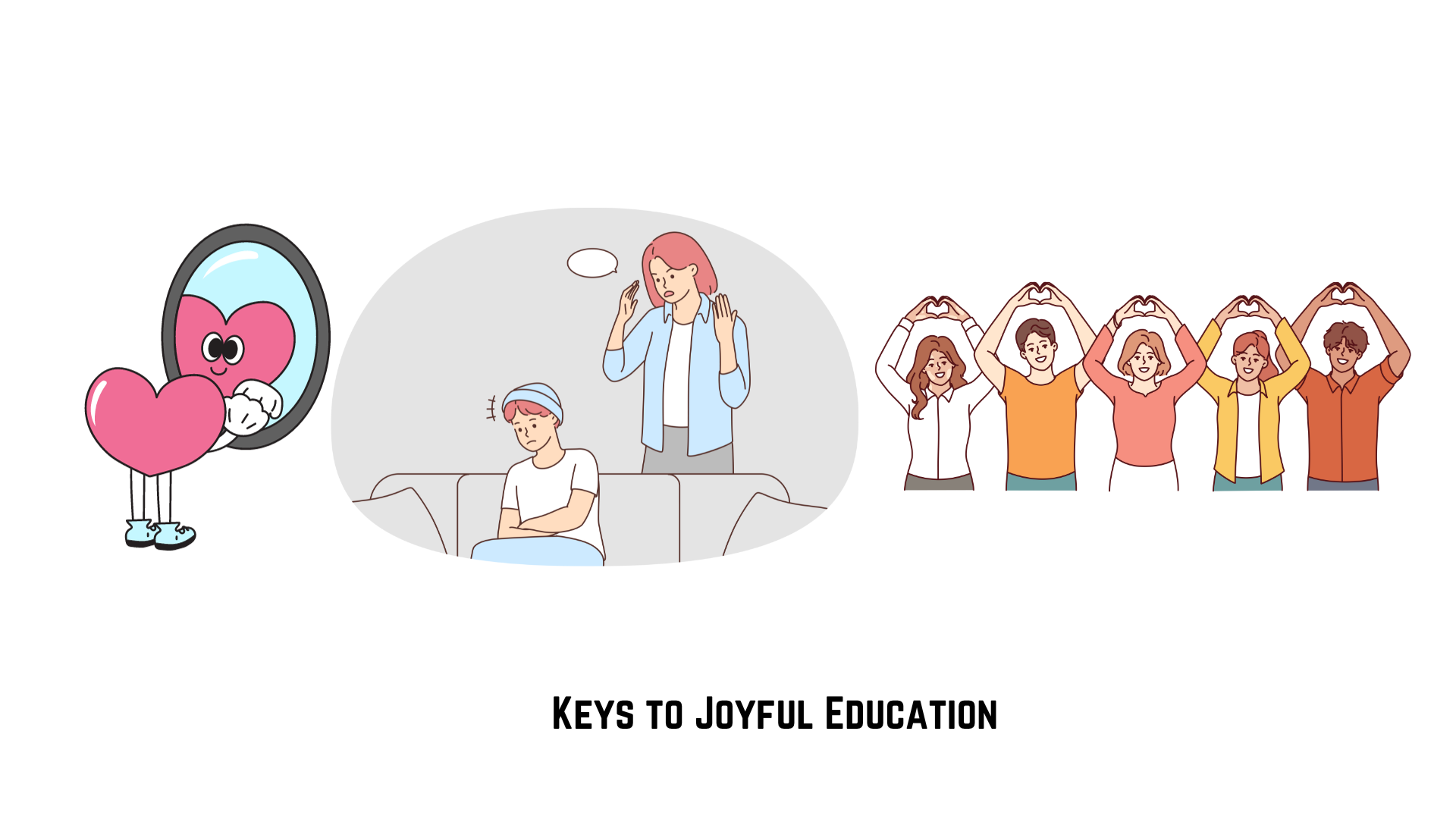Trending Now
- 830 voters names go missing in Kavundampalayam constituency
- If BJP comes to power we shall consider bringing back electoral bonds: Nirmala Sitaraman
- Monitoring at check posts between Kerala and TN intensified as bird flu gets virulent in Kerala
Columns
The Daily Fix: Censorship should not become the new normal
![]() November 8, 2016
November 8, 2016
Everything you need to know for the day (and a little more)
Sruthisagar Yamunan
The Big Story: Shooting the messenger
On Monday, Information and Broadcasting Minister Venkaiah Naidu decided to put on hold the order requiring NDTV India to go off air for a day on November 9 as a penalty for allegedly revealing strategically sensitive information during its broadcast about the militant attack on the Pathankot airbase in January.
The decision was taken after the NDTV management asked for the order to be reviewed, Naidu said. He added somewhat belligerently that the decision to take the channel off air for a day was just and proper and dismissed criticism that the government was muzzling those who were critical of it.
In doing so, Naidu has made an unambiguous point. The decision to review the ban order did not come from a realisation that such censorship could endanger freedom of expression. The channel had moved the Supreme Court against the order on Monday and the case is scheduled for hearing on Tuesday. It seems obvious that Naidu used NDTV’s decision to reach out to the government to soften a possible blow from the court.
It would be interesting to see what position the channel takes in the court on Tuesday since the ban has only been suspended and not revoked.
Since the ban order was passed last week, the Centre has come under severe pressure from the media. Opposition parties have got into the act too, with Congress vice president Rahul Gandhi calling the development the “darkest hour for Indian democracy”. There was a feeling that NDTV India had been singled out for the harsh treatment despite the fact that many other television news channels had broadcast the same details during the attacks.
The developments over the last week made one thing obvious. In the NDTV India ban, the government has tested waters on how far it could go in imposing its writ on the media. The backlash from members of the profession has clearly forced the government to take a step back. But going by Naidu’s own comments on Saturday, the government believes its decision had popular support.
When rulers see that decisions undermining fundamental rights receive no adverse reactions from the public, there was always the danger of such actions becoming the new normal.
The controversy has also turned attention to the media’s reactions to incidents of censorship involving journalists and newspapers outside Delhi. While journalists gathered in large numbers at the Press Club of India on Monday to register their protest against the government’s decision on NDTV India, the Kashmir Reader has been forced out of print since October 2 and has not attracted the eyes of Delhi. If the media was serious about fighting censorship, it had to go beyond such selective outrage.
The Big Scroll
Did the Modi government single out NDTV India for the ban?
What lessons could India learn on media censorship from Germany and the fall of the Berlin wall?
Political pickings
The Congress Working Committee wants Rahul Gandhi to take over as president of the party by year end.
The Left government in Kerala decided to change its stance on the Sabarimala issue and now wants free entry of women in the Ayyappan temple.
India expects early extradition of business baron Vijay Mallaya following Modi-May talks in New Delhi on Monday.
The National Commission for Women has told the Supreme Court that polygamy and triple talaq ruin lives.
Punditry
In The Hindu, Gautam Bhatia says broadcasting laws in India allow for sweeping interference from the government and facilitate censorship.
Neuroscientist Sukant Khurana writes in the Hindustan Times that prohibition as a policy was unwise and counterproductive.
Paul Krugman in the New York Times argues that in the pretext of tackling voting fraud, the American election has disenfranchised scores of minorities.
Is Trump a fascist? Kevin Passmore in the Guardian calls for exercising caution while making such observations.
Don’t miss
With a failed regulatory system, construction workers in Delhi are banking on jaggery to face the hazard of toxic dust pollution.
Devendra Kumar, a supervisor at the Kidwai Nagar construction site, spoke of how he first heard of the risks of inhaling fine dust from some workers he managed.
“At the first large construction site I supervised at in Noida, 20 km from Delhi, the workers at the cement mixing plant warned me to be careful because it could cause illnesses,” he said. “There, as well as at this site, as a precaution, most workers eat jaggery, and only a few wear a nose mask.”
Disclaimer:The views expressed above are the author’s own






















